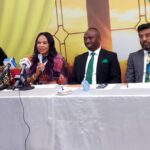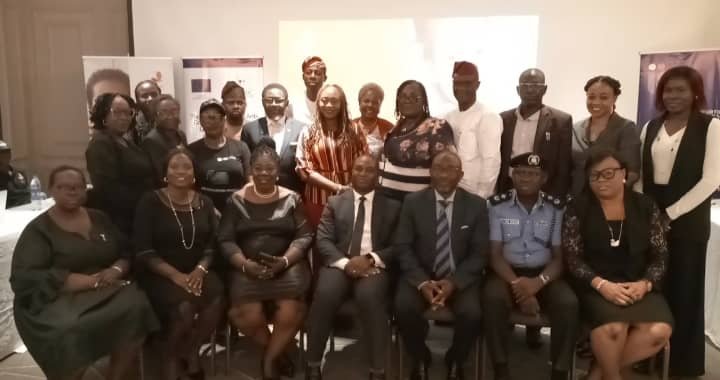Abuse: Stakeholders seek forensic interview protocol
By Joan Odafe
Stakeholders in law enforcement and criminal justice for child sexual abuse survivors have called for the adoption of the ‘Child Forensic Interview Protocol’ to ensure that justice is served.
The stakeholders, including the Lagos State Government, the Police and non-governmental organisations, made the call at a workshop on Thursday in Lagos.
The workshop was tagged “3rd Installment of the Consultative Workshop for the Development and Implementation of a Child Abuse Investigation and Interview Protocol”.
Mrs Bisi Ajayi-Kayode, Chief Operations Officer of CeceYara, an NGO, said the numbers of child sexual abuses were staggering, as one out of every four girls and one in eight boys was abused before they turned 18 years.
“Forensic Interview is a structured conversation to elicit evidential information from the child in an age-appropriate and developmental manner,” she said.
Ajayi-Kayode noted that child sexual abuses were not easily detected because of challenges, which included poor interviewing skills, delays in disclosure and reporting and lack of physical and supportive evidence.
Others are crude, duplicative and fragmented ways of questioning children; use of legal, verbose language that could scare or confuse children; pleas of not guilty and appeals more common than in other offences.
On his part, the Lagos State Attorney General and Commissioner for Justice, Mr Lawal Pedro, said forensic interview was a cornerstone in the quest to deliver justice, particularly in cases involving children.
“It will also guide justice for all and exonerate the innocent,” he said.
Pedro urged all stakeholders to be committed to the process.
Also, Ladi Ajomale, Chairman, House Committee on Judiciary, Petition, and Human Rights at the Lagos State House of Assembly, said child protection was a responsibility and a moral obligation of society.
Ajomale, who was represented by Mrs Titilola Vivor-Adeniyi, Executive Secretary, Lagos State Domestic and Sexual Violence Agency (DSVA), said the protocol would strengthen the multi-disciplinary, critical in preventing and responding to sexual and gender-based violence.
“The child forensic interview is a game changer in ensuring successful prosecution of these heinous crimes.
“This form of interview enhances the child’s ability to communicate, lessening the traumatisation that can occur during controversial questioning methods,” he said.
Also, Mrs Oyindamola James-Ododo, a Forensic Interviewer, recommended that the interview be done immediately after the abuse occurred to avoid the evidence being contaminated with threats or lack of adequate information.
Mrs Aderonke Oyelakin, State Coordinator, Child Protection Network, however, cautioned against retraumatisating the victim through repeated interrogations.
“It is important that once a child says his or her story once, that child shouldn’t be subjected to go through the process again,” she said. (NAN)
Edited by Kamal Tayo Oropo/Vivian Ihechu
Published By
Has also recently published
 Culture & TourismJuly 5, 2025Experts call for academia-industry partnership in hospitality
Culture & TourismJuly 5, 2025Experts call for academia-industry partnership in hospitality Science & TechJuly 5, 20259mobile, MTN seal nationwide roaming deal
Science & TechJuly 5, 20259mobile, MTN seal nationwide roaming deal General NewsJuly 5, 2025Experts task professionals on digital tools for organisational growth
General NewsJuly 5, 2025Experts task professionals on digital tools for organisational growth EducationJuly 4, 2025NGO holds scholarship award exams for Lagos public schools
EducationJuly 4, 2025NGO holds scholarship award exams for Lagos public schools





